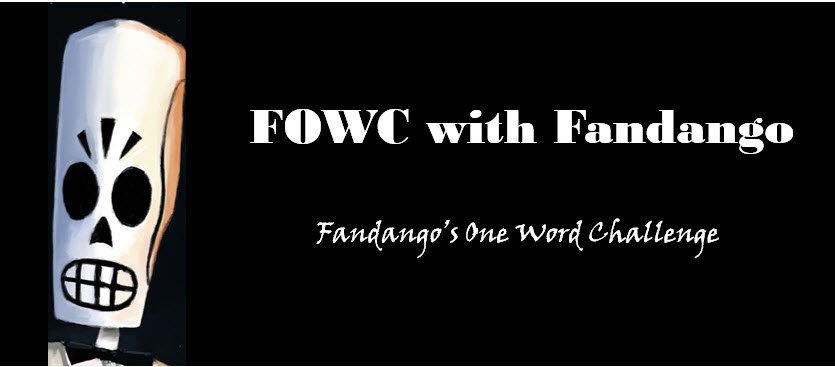In this post the other day, Nancy Richy, at The Elephant’s Trunk, mentioned someone who earned a reputation as an “Indian giver.” Nancy the said that she realized that the phrase “Indian giver” these days is “totally un-PC and not acceptable.”
That got me thinking about how the phrase “Indian giver” came about. The expression means one who gives a gift but later takes it back. It derives from the alleged practice of American Indians of taking back gifts from white settlers. Settlers did not understand that gift giving was central to Native American culture. When a gift was presented, it was done so with honor, and with the notion that the gift would be used and valued.
But, if the recipient of the gift did not use it, then that was viewed as disrespect, and the item was taken back, and likely given to someone else who would use it and appreciate it. The settlers, not understanding these aspects of the Native American culture, were, in turn, offended, and phrase Indian giver was born.

Which is interesting because historians would now agree that, where deceit was concerned, it was the settlers who were the front runners. Especially when it came to taking back lands granted to the Native American in peace treaties.
By the 1900s, the term Indian giver had made its way into the American vernacular, eventually used mostly as a schoolyard taunt, such as, “Teacher, Billy gave me the ball and now he wants it back! He’s being an Indian giver!”
Considering the roots of the term Indian giver, it is today considered offensive.
No wonder the Washington professional football team changed the team’s name from the “Redskins” to the “Commanders,” and the Cleveland Major League Baseball team changed its team’s name from the “Indians” to the “Guardians.”

